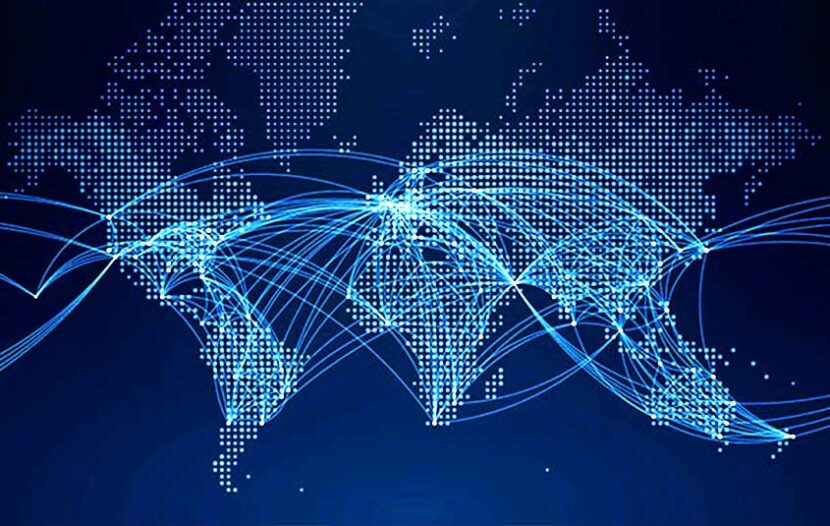GENEVA — IATA is welcoming the agreement by the G20 Tourism Ministers to support the safe restoration of mobility by following the G20 Rome Guidelines for the Future of Tourism.
IATA urged G20 governments to quickly follow up their endorsement of the guidelines with actions, particularly the 5-point agenda to safely restore mobility:
- Sharing information among industry and governments to inform policies and decisions to ensure safe mobility.
- Agreeing common international approaches to COVID-19 testing, vaccination, certification and information.
- Promoting digital traveler identity, biometrics and contactless transactions for safe and seamless travel.
- Providing accessible, consistent, clear and updated information to travellers to encourage and facilitate travel planning and journeys.
- Maintaining and improving the connectivity, safety and sustainability of transport systems.
“The G20 has the right focus and agenda to restart travel and tourism. The combination of vaccinations and testing are the drivers to make travel broadly and safely accessible. Moreover, Prime Minister Draghi’s promise that Italy is ready to welcome back the world and encouragement to book holidays should be an inspiration to other world leaders. It captures the urgency that is needed to move forward quickly and safely in restoring the freedom to travel,” said IATA’s Director General, Willie Walsh.
HIGH COSTS WITH COVID-19 TESTING
IATA is also calling on governments to ensure that high costs for COVID-19 testing don’t put travel out of reach for individuals and families. To facilitate an efficient restart of international travel, COVID-19 testing must be affordable as well as timely, widely available and effective, says IATA.
An IATA sampling of costs for PCR tests (the test most frequently required by governments) in 16 countries showed wide variations by markets and within markets. Findings include:
- Of the markets surveyed, only France complied with the World Health Organization (WHO) recommendation for the state to bear the cost of testing for travelers.
- Of the 15 markets where there is a cost for PCR testing to the individual, the average minimum cost for testing was $90, and the average maximum cost for testing was $208.
Even taking the average of the low-end costs, adding PCR testing to average airfares would dramatically increase the cost of flying for individuals, says IATA.
Pre-crisis, the average one-way airline ticket, including taxes and charges, cost $200 (2019 data). A $90 PCR test raises the cost by 45% to $290. Add another test on arrival and the one-way cost would leap by 90% to $380.
Assuming that two tests are needed in each direction, the average cost for an individual return-trip “could balloon from $400 to $760.”
The impact of the costs of COVID-19 testing on family travel would be even more severe, notes IATA. Based on average ticket prices ($200) and average low-end PCR testing ($90) twice each way, a journey for four that would have cost $1,600 pre-COVID, could nearly double to $3,040— with $1440 being testing costs.
“As travel restrictions are lifted in domestic markets, we are seeing strong demand. The same can be expected in international markets. But that could be perilously compromised by testing costs — particularly PCR testing. Raising the cost of any product this significantly will stifle demand. The impact will be greatest for short haul trips (up to 1,100 km), with average fares of $105, the tests will cost more than the flight. That’s not what you want to propose to travellers as we emerge from this crisis. Testing costs must be better managed. That’s critical if governments want to save tourism and transport jobs; and avoid limiting travel freedoms to the wealthy,” said Walsh.


